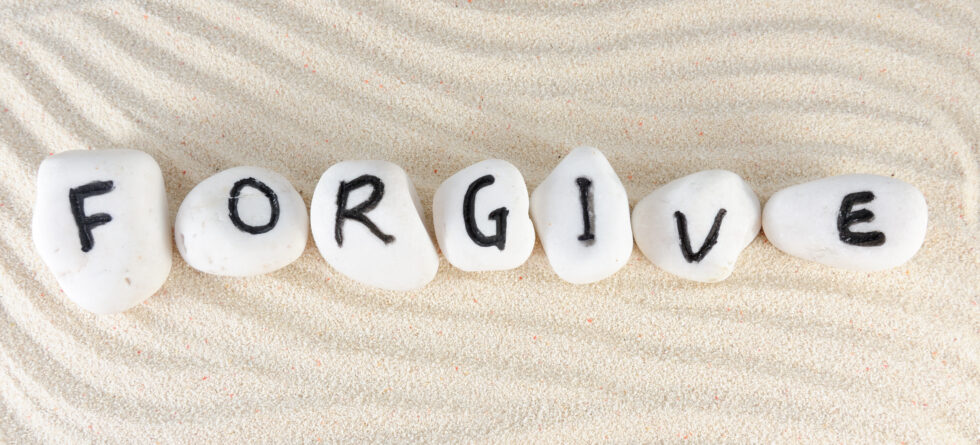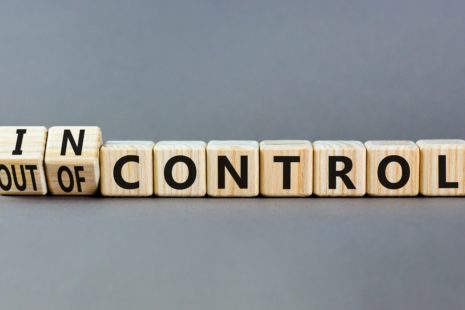Why You Feel Like a Victim: Blaming Others
Introduction
In his book The Healing Power of Forgiving, Charles R. Hobbs highlights several common pitfalls that people frequently fall into when they feel offended or hurt by someone else’s words or actions. Rather than responding with empathy and care, it’s all too easy to exaggerate the offense, blame the other person for how we feel, and construct an entire grievance story around the incident. However, Hobbs advocates a different approach – one based on understanding and compassion rather than defensiveness and accusations.
The First Pitfall
The first pitfall Hobbs identifies is the tendency to take offenses incredibly personally and blow them out of proportion. Perhaps someone made an insensitive comment, but instead of considering it might have been a momentary lapse in tact, we view it as a direct attack on our character. We massively escalate the significance of the offense in our own minds. Hobbs encourages pumping the brakes on this narrative escalation and striving to view things through a more impartial lens.
The Second Pitfall
The second pitfall is abdicating all responsibility for our own feelings to the offender. Certainly, others’ hurtful actions can legitimately cause us pain. But often we intensify that pain by our own recursive thought patterns and attributions. Hobbs argues that we should avoid pointed fingers and absolute statements like “You made me feel horrible” which place the entire onus on the other person for our internal experience.
The Third Pitfall
The third pitfall flows from the previous two – once we’ve inflated the offense and blamed the offender, we tend to solidify the whole experience into an unassailable grievance story. This grievance story takes on a life of its own as we repeatedly recount it to ourselves and others, becoming more resentful and entrenched over time. Hobbs suggests the wiser choice is to avoid cementing the grievance story and instead seek to understand the humanness and perspectives of all involved.
How To Respond Appropriately
So if not respond with escalated grievances, how should we respond when we feel offended? Hobbs recommends striving to extend empathy and care to the offending party. This does not mean excusing or agreeing with their hurtful behavior, but rather making the generous effort to understand where they were coming from and separate the person from the action. He advocates looking for the humanity in the situation and responding with compassion rather than accusation.
Extending Grace
Perhaps the person who said something hurtful was having an awful day themselves and was in an uncharacteristically cynical mood. Perhaps there was a misunderstanding due to differing backgrounds or communication styles. Regardless of the circumstances, meeting hurt with accusation only breeds more hurt. But meeting it with empathy and care has the power to disarm conflict and pave the way for greater understanding.
Of course, this takes conscious effort and practice. Our instinct is to protect our egos and lash out. But Hobbs argues that the interpersonal dividends of staying grounded in empathy rather than sinking into grievance pay exponential rewards in the form of stronger relationships and increased personal growth. His work provides a thoughtful roadmap for transforming interpersonal offenses into opportunities for compassion.
A Luke 15 Parallel
This philosophy aligns with the biblical parable of the prodigal son found in Luke 15. When the wayward son returns home after squandering his inheritance, the father welcomes him back with open arms rather than grievance or punishment. He extends empathy, care and compassion instead of responding with accusations or escalating the offense. The father’s perspective allows for understanding, redemption and ultimately restoring the relationship. Hobbs’ work echoes this lesson of avoiding the pitfalls of grievance and instead greeting perceived offenses with wisdom, grace and empathy.
The Older Brother (the victim mentality)
While the father modeled empathy and grace toward the prodigal son, the older brother’s reaction showcased the grievance pitfalls Hobbs cautions against. The older brother massively inflated and exaggerated his brother’s offenses, saying he had “devoured his father’s property with prostitutes” (Luke 15:30). He took extreme personal offense, lamenting “these many years I have been serving you” (v.29) and resenting his father’s compassion as unfair.
The older brother constructed an entrenched grievance story, blaming his brother entirely for his own feelings of anger and resentment. He abdicated any responsibility, stating “you never gave me a young goat that I might celebrate with my friends” (v.29). Rather than extend empathy or strive to understand his brother’s perspective, the older brother escalated with accusations, grievances and playing the victim. His response exemplified the pitfalls Hobbs targets – exaggerating offenses, blaming others for one’s feelings, and cultivating a resentful grievance narrative. The contrast between the father’s compassion and the older son’s grievance highlights Hobbs’ wisdom of embracing empathy over accusation.





